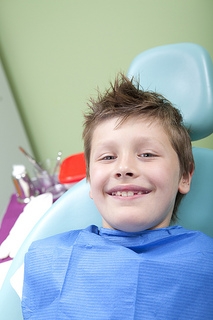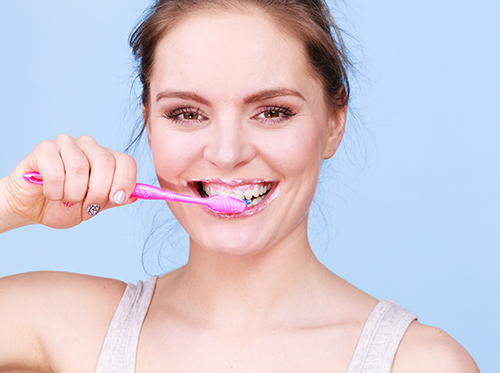HPV and Oral Cancer
August 16th, 2017

Human papillomavirus, or HPV, is best known as a sexually transmitted infection. In the United States, HPV is the most common sexually transmitted disease, with 79 million Americans currently infected, according to the Centers for Disease Control and Prevention. In addition to increasing risk for cervical cancer, HPV is a contributing factor in some cases of oral cancer. Each year an estimated 1,700 women and 6,700 men develop oropharyngeal cancer, which affects the tongue and throat.
Connection between HPV and oral cancer
There are more than 40 strains of HPV that live in the skin and mucosal areas. Some of these affect the genitalia, while others are found in the mouth and throat. Of the strains of oral HPV, only one, called HPV16, increases the risk of oral cancer, the Oral Cancer Foundation reports. A retrospective study conducted found that oral cancer developed an average of 15 years after exposure to HPV, making it a relatively slow-growing form of cancer.
In general, 80% of Americans will have an HPV infection at some point in their lifetimes, while 99% develop no ill effects. Getting oral HPV is associated with multiple sexual partners and engaging in oral sex; however, even some individuals who have been with only one partner may contract the infection. Although overall risk of oral cancer from HPV infection is low, it is essential to be proactive about oral health.
How to prevent HPV-related oral cancer
Scientists continue to study how HPV infections lead to oral cancer, so little is known about the progression of the disease. However, one recent study found that poor oral health, including gum disease and poor oral hygiene, is associated with oral cancer risk. Thus, being vigilant about brushing and flossing your teeth regularly may reduce HPV-related oral cancer. Getting the HPV vaccine also protects against the oral form of the virus.
Another key way to reduce mortality from oral cancer is to have regularly scheduled appointments with at Smiles By Beck. Having Drs Marci, Glenn and Brian Beck examine your mouth at least two times a year increases the likelihood that a sign of oral cancer, such as a sore or patch, will be detected. If you’re concerned about HPV-related oral cancer, please give us a call at our Tallahassee, FL office for advice about oral hygiene and disease prevention.




 Website Powered by Sesame 24-7™
Website Powered by Sesame 24-7™